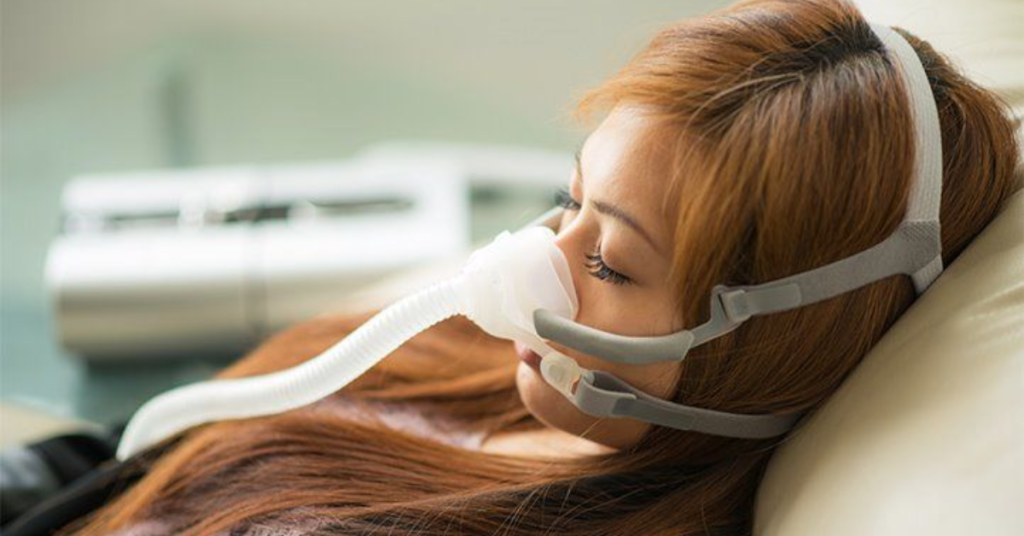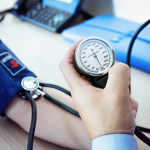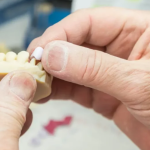Sleep apnea is a medical disorder that causes brief lapses in breathing while you sleep. If you wake up sometimes feeling like you’re choking or are told that you snore loudly, you may have obstructive sleep apnea. Men tend to suffer from the malady more than women. Since sleep disorders are closely related to your dental health, your dentist in Madison, NJ is well-equipped to diagnose and treat sleep apnea.
What is Sleep Apnea?
Sleep apnea is an obstructive sleep disorder, meaning your airways become blocked, causing interruptions in your breathing. These irregularities happen during deep sleep, and you may not always know you have it. Jerking awake, choking in your sleep, and waking yourself up with loud snoring are signs that you may have sleep apnea.
How to Tell if You Have Sleep Apnea
Obstructive sleep apnea is common, but it can be dangerous. The brain doesn’t get enough oxygen when the airways are blocked, which can be life-threatening. The most noticeable symptom is loud snoring, and if you sleep with a partner, they may have noticed it. Other signs include:
- Being tired during the day
- Losing interest in sex
- Headaches after sleeping
- Dry mouth upon waking
- Trouble concentrating
- Depression and irritability
- High blood pressure
- Sweating during the night
Sleep Apnea Treatment Options in New Jersey
Your dentist will recommend the best treatment for sleep apnea based on how it impacts your quality of life. You may need a sleep study to monitor your sleep and identify how often you stop breathing during the night.
Treatment Options for Sleep Apnea:
- Dental Device: A custom-made mouthpiece for mild sleep apnea.
- CPAP Machine: Continuous positive airway pressure device for moderate to severe sleep apnea.
Benefits of an Oral Appliance for Sleep Apnea Treatment
For mild sleep apnea, your dentist can provide a dental appliance that slightly pushes your lower jaw outward. This prevents the muscles and tissues surrounding your throat from blocking the airway when they collapse during sleep. Regular check-ups with your dentist will ensure the device continues to fit well.
How Your Family Dentist Helps with Sleep Apnea
Since your family dentist knows your medical and dental history, they can recommend steps to reduce the severity of your sleep apnea, which can reduce the need for more expensive treatments like CPAP.
Managing Sleep Apnea Risks
While not all factors are avoidable, some risks for sleep apnea can be minimized. Consider these lifestyle changes to help:
- Lose weight
- Lower your blood pressure
- Treat asthma and sinus issues
- Quit smoking
Other Factors Contributing to Sleep Apnea
Additional factors that may contribute to the need for a dental mouthpiece for sleep apnea include:
- Enlarged tonsils
- Distended adenoids
- Heredity
- Gender
- Uncontrolled diabetes
Resource: https://dentalofmc.com/sleep-apnea-treatment-in-madison-nj/



